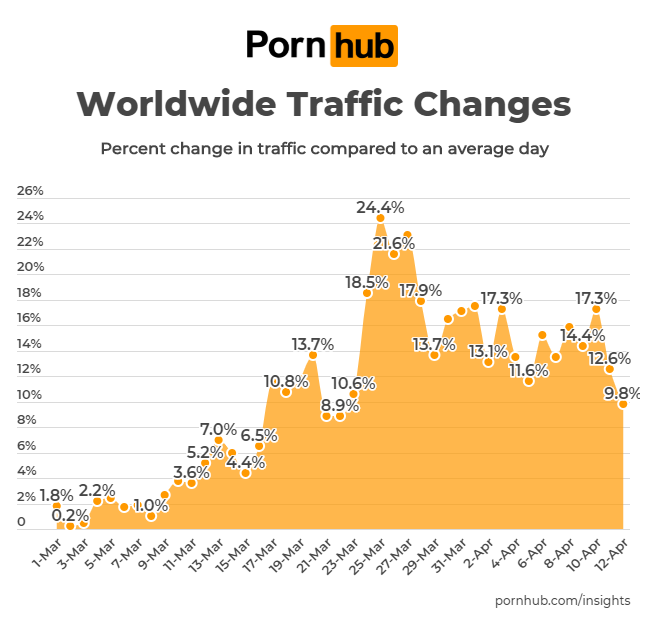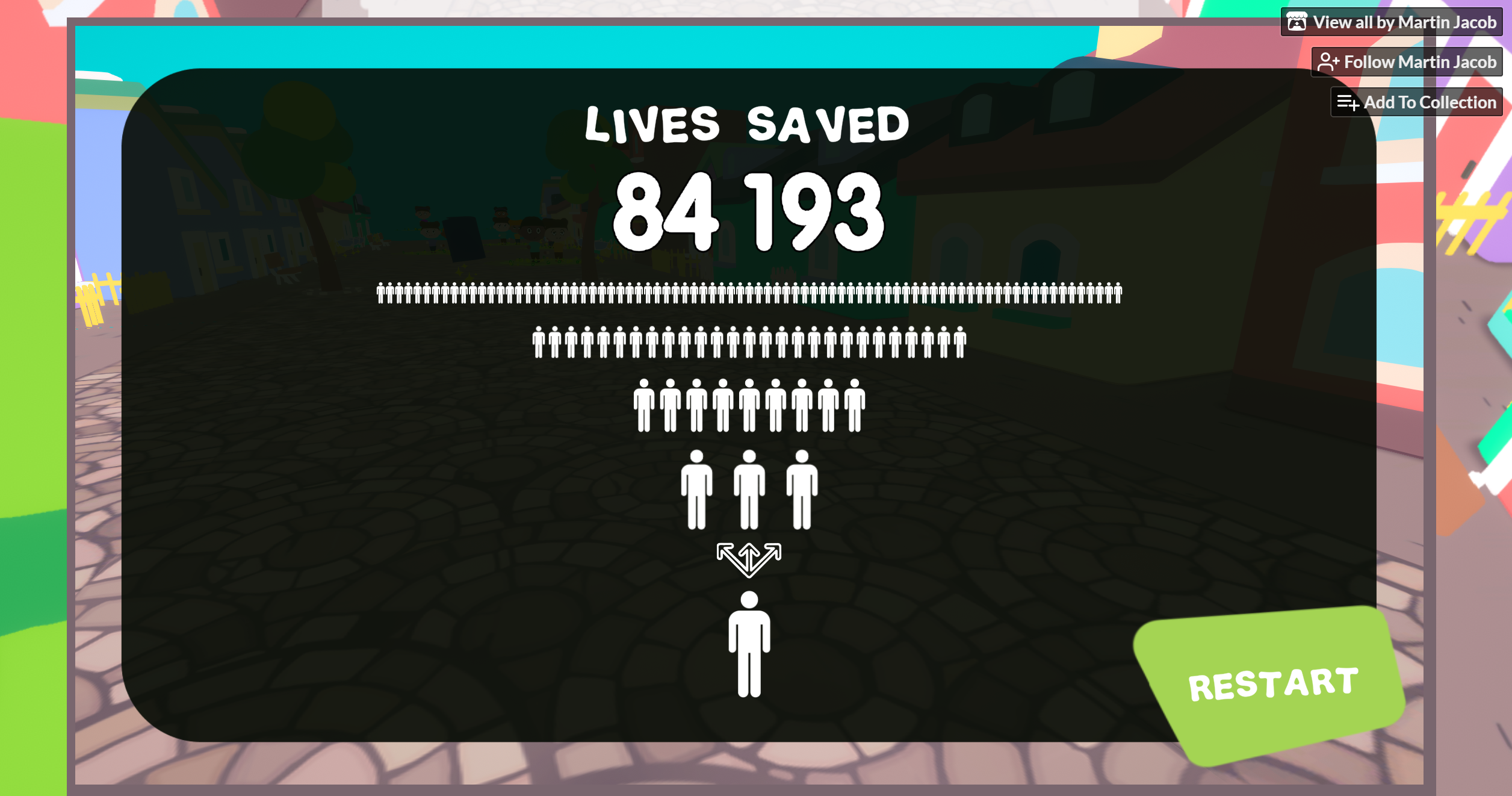- Advertising
- Bare Metal
- Bare Metal Cloud
- Benchmarks
- Big Data Benchmarks
- Big Data Experts Interviews
- Big Data Technologies
- Big Data Use Cases
- Big Data Week
- Cloud
- Data Lake as a Service
- Databases
- Dedicated Servers
- Disaster Recovery
- Features
- Fun
- GoTech World
- Hadoop
- Healthcare
- Industry Standards
- Insurance
- Linux
- News
- NoSQL
- Online Retail
- People of Bigstep
- Performance for Big Data Apps
- Press
- Press Corner
- Security
- Tech Trends
- Tutorial
- What is Big Data
Online Entertainment in the Era of Social Distancing
A big consequence of the lockdown restrictions and of the worldwide general message of staying indoors is that screen time has increased massively. People needed to adapt to the new normal and had no choice but to spend most of their time… online, either for work or for pleasure. Companies of all sizes had to revise and adjust their business plans and most ended up increasing their online presence as the only logical move.
But how do we have access to all these internet websites and apps and what keeps them up and running continuously? Think of e-mail, movie streaming, social media, video conferencing, online shopping, digital classrooms, video streaming, gaming, news websites - none of them would be available without servers.
Let’s look into some news and data about the different entertainment industries, how businesses adapted to the crisis, and why powerful and reliable servers are needed more than ever.

(Live) Video Streaming
Have you searched “how to cook [insert recipe here]” in the past two months? You probably have. With restaurants, kindergartens, and barbershops closed, there’s no wonder people turned to the online and started searching for how-to tutorials. According to Youtube, videos named "how to" and "step-by-step" are being viewed for 65% longer than they were this time last year.
When thinking about video streaming, the names that pop into your head are most often than not Youtube, Vimeo, and Twitch. You could use any of these platforms for your business, but what if you wanted the option of doing this natively on your website? Most small to medium-sized businesses already switched to a more visual presence, by creating more tutorials, demos, and webinars.
Since video streaming happens in real-time, it needs a powerful and reliable server to support it. Otherwise the video will not run smoothly and will end up making your website look unprofessional. Think of Netflix: would people come back if their website was down or the picture quality bad? In fact, the demand for movie streaming has also sky rocketed during the pandemic, forcing providers to find a way to reduce bandwidth at the request of the EU, without affecting the end-user experience.
Theatre, Opera, and Museums
Major theatres and operas have “opened their doors” to streaming online, as well as offer free broadcasts of older performances. They have used this opportunity to ask viewers to support them through online donations and purchase of merchandise, and the response was surprisingly good in some cases.
Why shouldn’t a small theatre or a small museum follow suit? You might even reach further than your usual local audience, thanks to the opportunities the Internet is providing.

Educational
Cambridge University has moved all of their lectures online until summer 2021, according to The Guardian, and most schools and universities worldwide are still closed and will remain closed for a few months at the least. It’s high time we change the way we view our educational systems.
There are a few drawbacks that need to be solved, from not everyone having access to internet or proper devices to the skipping of online classes by students. The change should also take place in adapting content to each age-frame, and creating creative, adequate, and fun educational platforms, so that students are incentivized to participate actively.
We’ll probably see a rise in online classrooms and learning platforms in the coming months that might change the educational landscape forever, in both means of delivery and teaching approach.
Online Conferences, Workshops & Events
The travel industry was probably affected the worst by the containment measures to fight the coronavirus, but events have also taken a hard hit. Throughout all industries, from tech conferences to music festivals, events have been postponed, some until 2021. The more forward-looking organizers have started moving their events online.
Organizing an online event is not an easy job, and not everyone can move a 300-person event online in as quick as a day and a half. However, with a bit more time and a bit more preparation, you could go digital with your conference and keep your audience engaged.
Why would international travel restrictions stop people from staying updated with the latest innovations? Once you have done it once, there’s nothing that can stop you from organizing your next event both online and offline. Just make sure that your platform of choice and server infrastructure can sustain your online event properly.
Sports
Staying active and healthy has been challenging with the current lockdown, with most people working from home in their pijamas. Classes of ballet, yoga, and pilates have been advertised continuously online, while many providers have tried to replace live sports with broadcasts of older events.
Adult Entertainment
This niche has also seen increased activity since the start of the pandemic, as we can see from stats released by one of the largest adult websites:

The major players have tried to increase their market share and even made global headlines through publicity stunts. Perhaps the most notorious example involved an adult platform that granted free premium access to all residents of Italy during the peak of the pandemic in that country.
Gaming
The economic downturn caused by the pandemic hasn’t had much effect on the gaming industry. In fact, it is one of the industries that has flourished most during these times. Most game developers, publishers, and operators continued working from home and actually accelerated the release of content.
Video game spending hit a 10 billion dollars record in March. For example, Eve Online rose to 11,000 new accounts per day from the previous average of 7,000, Activision Blizzard stated that an average of 407 million people played its games online every month, while weekly game sales as a whole have risen between 40% and 60%, according to analysts at Futuresource.
Many smaller developers also had the chance to shine, with multiple titles related to the pandemic quickly rising to stardom. There were many different approaches, from educational games to controversial epidemic simulators that even ended up being banned in some countries.

While movie streaming apps provide a great way to pass time, games allow for the social interaction that was much needed during these last three months - that’s precisely why even your usual John Doe turned to online video games.
We’ll also probably see a rise in cloud gaming, because it allows people to play demanding games remotely from low spec devices. The tech behind it is still under development, but keep an eye out for updates.
News & TV
The pandemic has created a bombardment of online news, even if some people wouldn’t consider this entertainment. Due to the fear of catching coronavirus from people or from objects, people replaced the written press with online news websites. They started informing themselves from online sources, which accelerated the decline of printed newspapers in our society. Not taking into consideration the fake news sites that emerged from this outbreak, a lot of platforms have been created to keep people informed correctly. Even television moved online: since talk shows couldn’t be filmed in a studio anymore, some changed their format to video conference style.
The hunger for online information has led to traffic surges on news websites. Only the ones with a strong server infrastructure could handle the amount of traffic the COVID-19 pandemic created. To put things into perspective, according to Comscore’s report, searches for “coronavirus,” “COVID” and “COVID-19” increased from 9,902 December 2019 to 54.85 million in January 2020, an increase of 553,778 percent.
Forums
Along with news consumption, the global quarantine has also increased the need for online discussions. No matter the industry, community forums on your website can help both attract new customers and keep old ones engaged. A forum is cost-effective because it doesn’t need a lot of resources, so it’s a good idea even for a small company. It’s best to self-host your forum in order to avoid the annoying ads that come with free hosting platforms.
How to Choose Your Server Infrastructure
Dedicated servers allow you to use all of their hardware power, unlike cloud machines that are less performant since they share resources. However, depending on your use case and workload, you’ll need to make an informed choice considering the pros and cons of each of the four server types. The Businessman’s Guide to the Server Galaxy can provide useful information and help you in your digital journey.
Changes for Good
Twitter and Square have already announced that their employees can work from home forever, while Facebook and Google also allowed extended WFH until 2021. Other large companies will most likely follow suit in the next months. With no vaccine available yet, and a long wait for one to be released for mass distribution, the transition to online is here to stay.
As John Graham-Cumming, CTO at Cloudflare, told BBC: "There's a natural growth that you would expect to see over time - as internet connections into people's homes improve, people do more stuff online. But in 2020 we saw one year of growth in three months."
The future is changing and being online is already a must. However, simply being online is not enough for most businesses. Maximum uptime and an increase in internet bandwidth are the core needs of businesses and freelancers alike and choosing a provider you can trust for continuous monitoring, processing, and maintenance should be top of mind when deciding upon an infrastructure.
Our advice? Don't wait for the next pandemic to have a great online presence and a stable server infrastructure to support it. No matter the industry, the company size, or the workload, there is a suitable server for each use case.
Readers also enjoyed:

COVID-19: Changing the World as We Know It


Leave a Reply
Your email address will not be published.